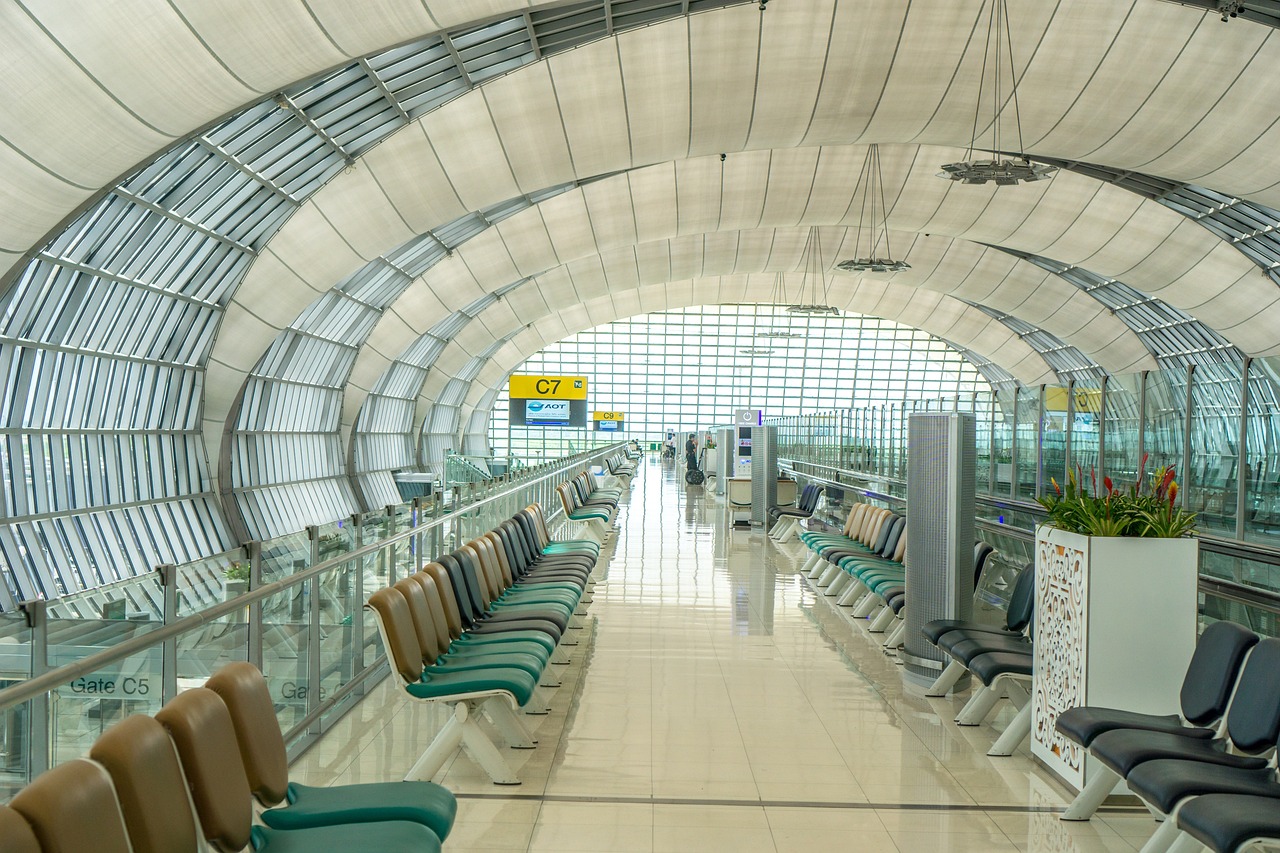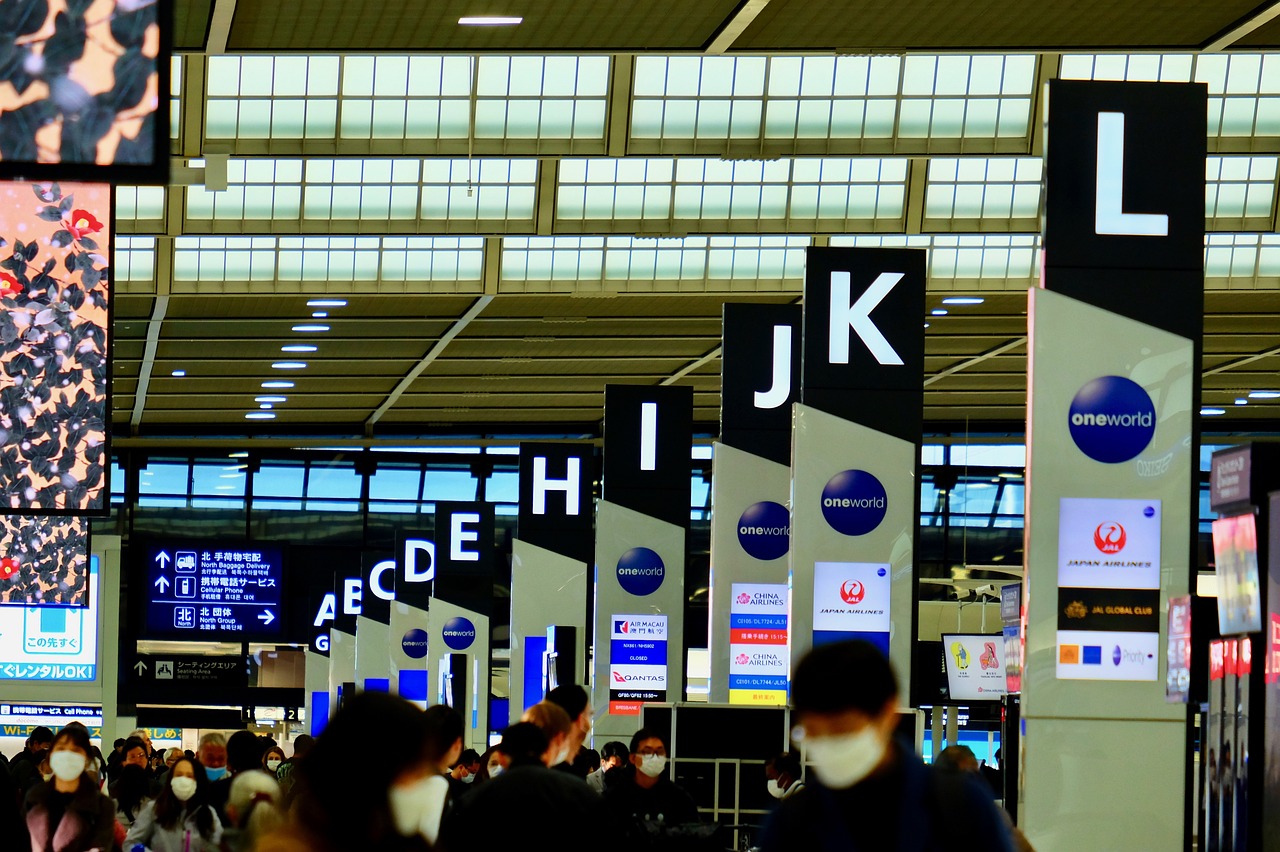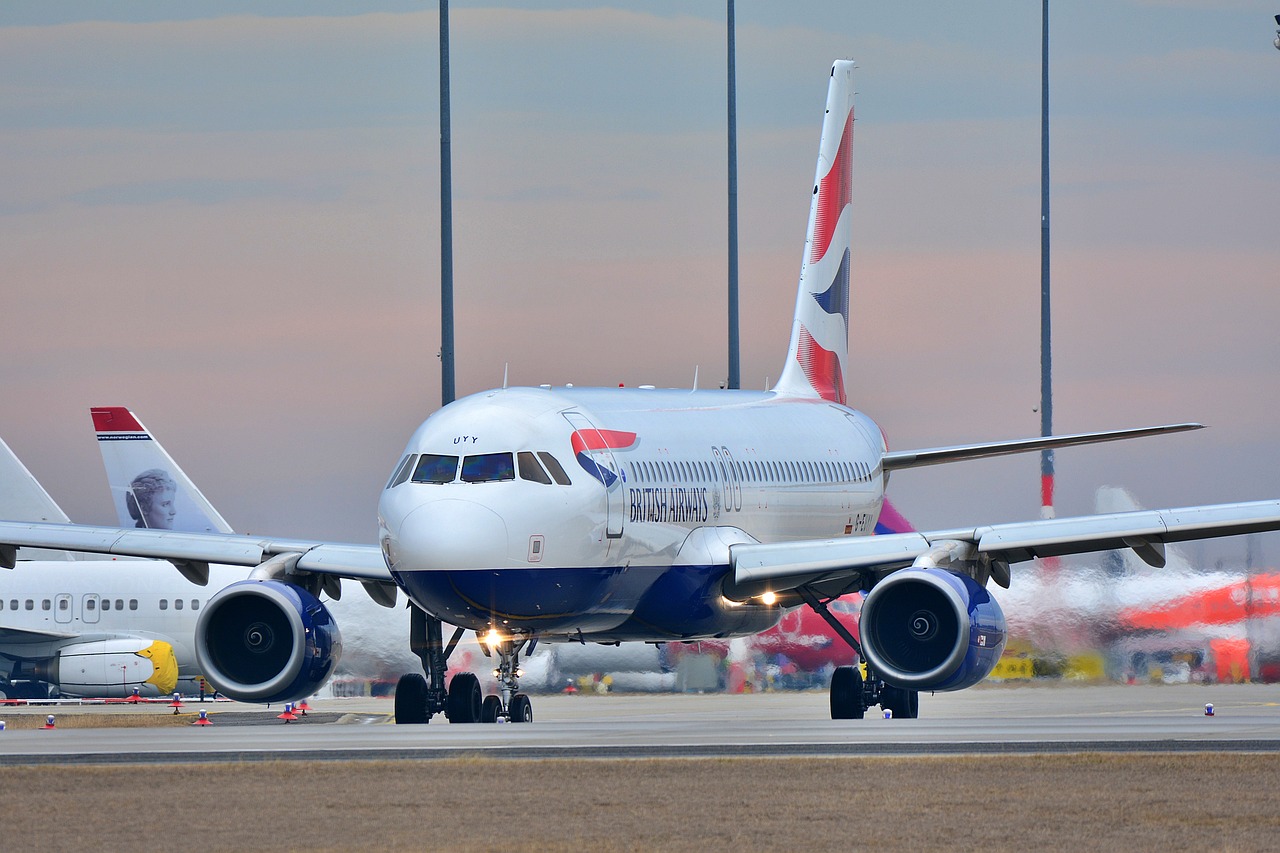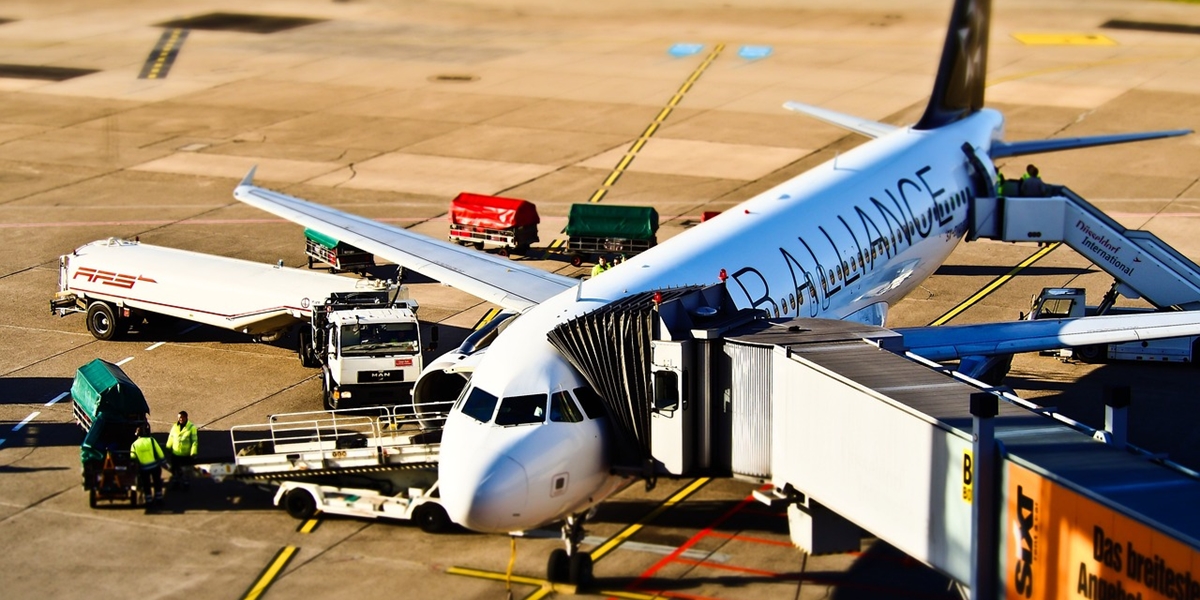Kapanlagi.com - For lovers of Japanese culture or those planning to travel to the Land of the Rising Sun, mastering some basic expressions of Japanese airport language can be very helpful. Not only does it facilitate communication, but this understanding can also enhance the experience.
The Japanese language itself has specific expressions that are often used in airport environments. In this article, Kapanlagi will explore various important expressions, complete with practical example sentences and relevant vocabulary that will help KLovers to understand better.
So, for those of you who want to learn, here are expressions of Japanese airport language complete with example sentences and other common vocabulary. Come on, let's check it out KLovers!
1. Japanese Airport

Illustration (credit: pixabay.com)
The Japanese word for airport is "Kuukou" which means "air harbor" or "landing place in the air". The word "kuu" itself means "sky" or "air". Meanwhile, "kou" means "harbor" or "landing place".
The term Japanese airport is commonly used by the Japanese people in conversation to refer to an airport in Japanese, whether for domestic or international airports.
The term "kuukou" began to be widely used after World War II. This term reflects the concept of an airport as a place for air transit, similar to a harbor for sea vessels, which aligns with the role of airports as modern air transportation hubs.
2. Difference Between Kuukou and Hikoujou

Illustration (credit: pixabay.com)
It turns out that the Japanese airport language referred to as "kuukou" and the Japanese airport language referred to as "hikoujou" both refer to places related to aviation, but there are some differences in usage and nuance. Here is a detailed explanation:
Kuukou
This Japanese term refers to an airport in general. This word is commonly used to describe modern commercial airports, particularly large facilities that serve both domestic and international civil flights. The use of this term implies the existence of comprehensive and complex facilities.
Typically, this Japanese airport word includes passenger terminals, commercial areas, and various other supporting infrastructures. Literally, kuukou can be translated as "air harbor", reflecting its function as a transit point for air travel, similar to the role of a harbor in sea travel.
- Example sentences:
a. "Narita kuukou wa Nihon no shuuyou na kokusai kuukou desu." (Narita Airport is the main international airport in Japan.)
b. "Watashitachi wa kuukou de 3 jikan matanakereba narimasen deshita." (We had to wait at the airport for 3 hours.)
Hikoujou
The Japanese airport language hikoujou is a Japanese term that refers to an airfield. This term is more often used to describe smaller or simpler aviation facilities, such as military airfields, small airports in remote areas, or private aviation facilities.
The use of the Japanese airport term hikoujou emphasizes the presence of runways and basic facilities for takeoff and landing, without overly implying the existence of complex facilities as typically found in large airports. Thus, hikoujou literally reflects a location for aviation activities.
- Example sentences:
a. "Chiisana shima ni wa hikoujou shika arimasen." (On the small island, there is only an airfield.)
b. "Karera wa gunji hikoujou de kunren wo ukete imasu." (They are undergoing training at a military airfield.)
The main differences:
1. Scale: Kuukou generally refers to larger and more complete facilities, while hikoujou can refer to smaller or specialized facilities.
2.Usage: Kuukou is more commonly used for commercial airports, whereas hikoujou can include non-commercial or specialized flight facilities.
3.Facilities: Kuukou implies the presence of various modern facilities for passengers, while hikoujou focuses more on basic facilities for flights.
4.Language nuance: Kuukou is a more modern and commonly used term, while hikoujou has a more technical or traditional nuance.
Despite these differences, in some contexts, both terms can be interchangeable, especially when referring to flight facilities in general.
3. Nouns in Japanese Airport Language

Illustration (credit: pixabay.com)
In addition to knowing airport expressions in Japanese, KLovers can also learn nouns in Japanese. These nouns related to the airport in Japanese are important for you to know. Here is the list:
1. (hikouki) - Airplane
2. (toujouguchi) - Departure gate
3. (pasupooto) - Passport
4. (tenimotsu) - Luggage
5. (chiketto) - Ticket
6. (shuppatsu robii) - Departure lobby
7. (touchaku robii) - Arrival lobby
8. (sekyuriti chekku) - Security check
9. (menzaiten) - Duty-free shop
10. (machiaishitsu) - Waiting room
11. (kassouro) - Runway
12. (esukareetaa) - Escalator
13. (erebeetaa) - Elevator
14. (toire) - Toilet
15. (annaisho) - Information center
18. (kaato) - Luggage trolley
21. (hyoushiki) - Sign/Signboard
22. (tenimotsu uketorijo) - Baggage claim area
23. (ekkusen kensaki) - X-ray scanner
24. (kinzoku tanchiki) - Metal detector
25. (toujouken) - Boarding pass
26. (zeikan) - Customs
27. (nyuukoku shinsa) - Immigration
28. (tenimotsu azukarijo) - Baggage storage
29. (koukuu gaisha kauntaa) - Airline counter
30. (kuukou basu) - Airport bus
4. Verbs in Japanese Airport Language

Illustration (credit: pixabay.com)
Then there are Japanese verbs related to airports. These verbs will also help KLovers communicate at the airport. Here are the Japanese airport verbs that KLovers can learn:
1. (toujou suru) - Board the plane
2. (kouki suru) - Disembark from the plane
3. (chekku in suru) - Check in
4. (azukeru) - Check (luggage)
5. (shuppatsu suru) - Depart
6. (touchaku suru) - Arrive
7. (matsu) - Wait
8. (tsuuka suru) - Pass through (security)
9. (kensa suru) - Inspect
10. (norikaeru) - Transit/change planes
11. (annai suru) - Provide guidance/information
12. (yoyaku suru) - Book/reserve
13. (kau) - Buy
14. (shiharau) - Pay
15. (ryougae suru) - Exchange money
16. (toujou tetsuzuki wo suru) - Complete boarding procedure
17. (pasupooto wo miseru) - Show passport
18. (nimotsu wo hakobu) - Carry luggage
19. (shinkoku suru) - Declare (goods)
20. (shitsumon suru) - Ask
21. (shukkoku suru) - Go abroad
22. (nyuukoku suru) - Enter the country
23. (okureru) - Be late
24. (torikeshu) - Cancel
25. (sagasu) - Search
26. (yobidasu) - Call (announcement)
27. (narabu) - Queue
28. (suwaru) - Sit
29. (tobu) - Fly
30. (chakuriku suru) - Land
That’s an explanation of Japanese airport vocabulary that KLovers can learn. Study these expressions for a smoother and more enjoyable travel experience at Japanese airports.
(kpl/dhm)
Disclaimer: This translation from Bahasa Indonesia to English has been generated by Artificial Intelligence.
















